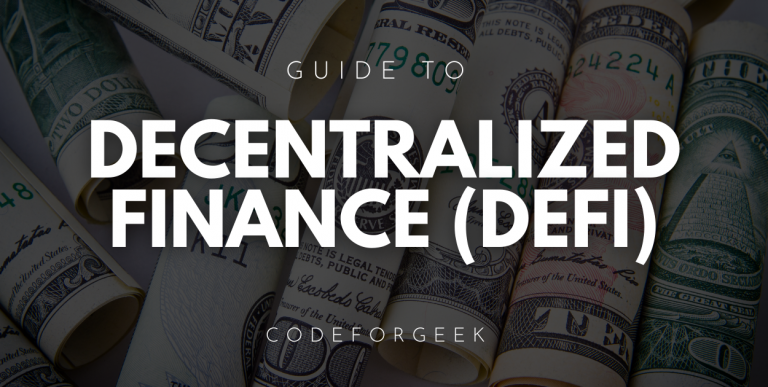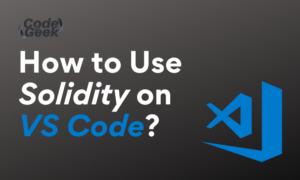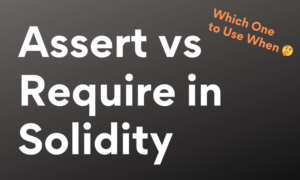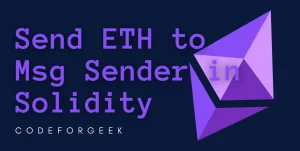You’re here today to know what DeFi is – something you’ve been hearing about lately and have no idea what they mean! Or, you are a blockchain or cryptocurrency enthusiast.
But here you are…
To start with, DeFi refers to decentralized finance. Decentralized Finance or DeFi has become the new catchphrase for industrialists, businesses, and enthusiasts, and learners like you today. Decentralized finance has brought an unbeatable change in the way we do financial transactions today.
What is Decentralized Finance (DeFi)?
Let us begin with answering your question – what is DeFi?
DeFi, as I mentioned earlier, is an abbreviation of decentralized finance. It is nothing but a classification of financial applications that have influenced technologies, especially blockchain. This concept was introduced to change the traditional ways of how financial transactions take place today.
Decentralized finance in simple terms refers to monetary and financial arrangements using public blockchains – that again are highly transparent, free of control, and open for everyone.
Read more on public blockchains here.
It stands as a more lucrative alternative to traditional finance to conduct every financial activity like saving, insurance, loaning, trading, and more.
The main aim of DeFi is to provide users across the globe with enhanced transparency in the financial economy. This new, ultra-modern and most importantly open financial ecosystem has its reliance on three central elements – interoperability, programmability, and ease of composing.
Decentralized Finance’s core architecture is influenced by the open finance movement. In a closed finance economy, parties are forced to allow intermediaries like governments, banks, etc., to interfere between a transaction or exchange.
These intermediaries not only interfere between private and confidential exchanges but also impose certain restrictions and/or difficulties during the process. Moreover, they also grab their incentives in the form of taxes, charges, fees, or tariffs for their so-called services.
Long story short, these intermediaries are nothing but a nuisance.
DeFi is a public-oriented concept. Just like Ethereum which is a popular public blockchain and eliminates central authorities, DeFi too offers no place for such intermediaries.
Decentralized finance is here to stay. Predictions say its applications are projected to outdo the traditional, closed financial applications considering its scope and reach.
Why Decentralized Finance?
Centralized conventional financial systems indicate major risk mainly because of a single point of failure. The long-term potential of these systems seems foggy because of the centralized structure it sticks to and the heavy influence of governments.
Currencies in these systems are managed and regulated as and when the central authority deems fit as per which everything has to move along. Participants have no say and are forced to function as per their terms.
“The need for DeFi comes from the fact that financial services are not available to everyone around the world. Almost 1.7 billion people all around the world have no means and access to financial services. The financial institutes can also not provide the necessary infrastructure to make people more access to money. The existing infrastructure is huge, but it does lack when it comes to reaching everyone out there.”
With decentralized finance to the rescue, the dire side-effects of central bodies have been tranquilized. Most importantly, the problem of single failure point attacks has been smoothly curbed. The decentralized system allows records to be stored in cryptographically secured blocks on a blockchain.
A copy of these records is shared across multiple nodes or computers on the network scattered across the globe. Any change to the original data must be verified and validated by all these nodes. If any node rejects a change, the operation is aborted.
Conclusion
DeFi is a public-oriented concept. Just like Ethereum which is a popular public blockchain and eliminates central authorities, DeFi too offers no place for such intermediaries.
In this guide on decentralized finance or DeFi, I have given a walkthrough on what it is and why are they used. If you know nothing about decentralized finance, fear not! By the end of this post, you should have a good understanding of most of DeFi.





